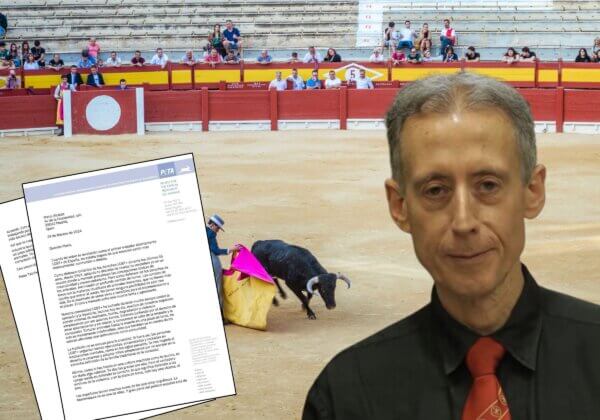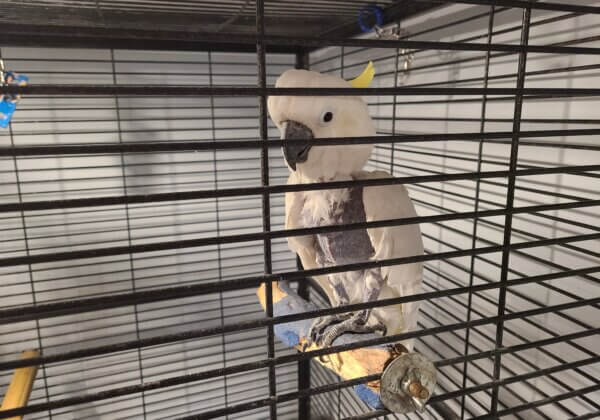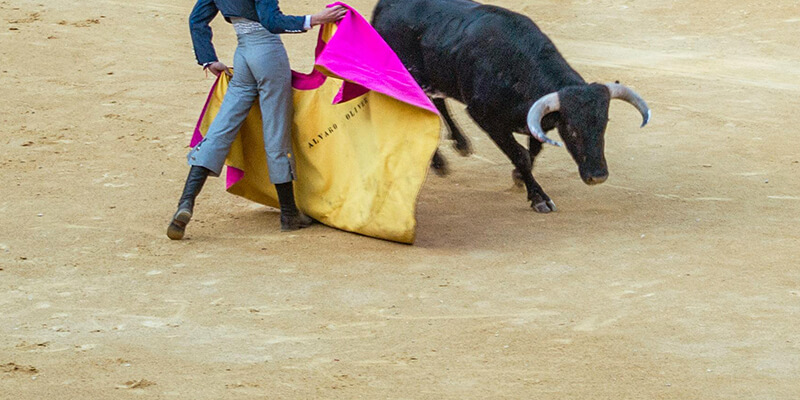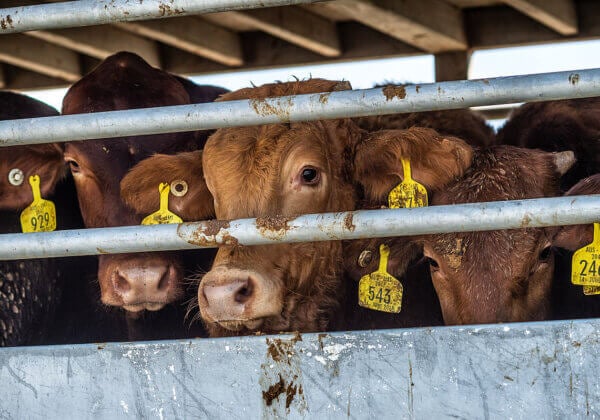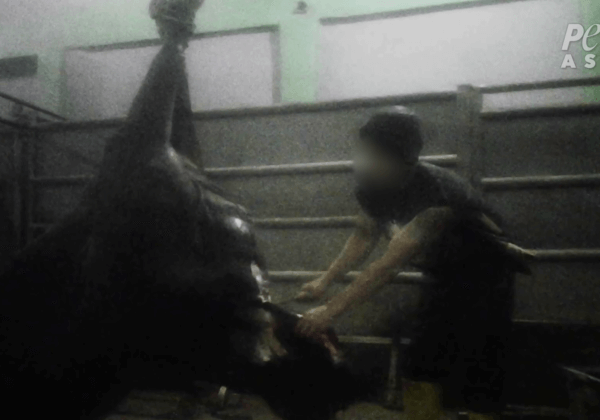Animals Were Harmed in the Making of This Movie
 With technology advancing at an astounding pace, it can be hard to tell these days whether video footage of animals in movies, television shows and adverts is real or artificially generated. But for those animals who are still forced to work in the entertainment industry, the misery is still all too real.
With technology advancing at an astounding pace, it can be hard to tell these days whether video footage of animals in movies, television shows and adverts is real or artificially generated. But for those animals who are still forced to work in the entertainment industry, the misery is still all too real.
It is often assumed that, in this modern era, animals would not be allowed to suffer for entertainment. Movies such as Milo and Otis ― for which, in order to get the right shot of a cat falling off a cliff, filmmakers simply threw the cat over the edge ― are seen as a thing of the past. But animals used in films and television still suffer immensely for our entertainment.
The movie The Zookeeper, starring Kevin James, became well known for all the wrong reasons when a giraffe named Tweet collapsed and died on set. Most people assume that with animal “actors” monitored by the American Humane Association or other regulatory bodies, events such as these cannot happen as a result of mistreatment. What many people don’t realise is that the animals are only monitored during filming itself. There is no monitoring of their treatment, training or lifestyle once the cameras stop rolling.
The first thing to consider is how animals such as big cats, primates and other exotics are trained to perform complicated and extremely well-controlled “tricks” for the cameras. Animals who take part in activities which are unnatural or physically demanding are often trained through physical and mental punishment. The trainers must be in full control of their animals, which means breaking their spirits to ensure that there is no risk that they will fight back against their abuse.
Just as animals in circuses sometime “snap” after years of punishment, animals used in television and film sometimes do the same. A grizzly bear named Rocky who was used to “wrestle” Will Ferrell in the movie Semi-Pro later mauled his trainer to death. And, of course, there is the highly publicized case of Travis the chimpanzee, who was taught to drink wine from his own glass, had starred in shows and advertisements for products such as Coca-Cola and was shot and killed after attacking his owner’s friend, causing major facial injuries. Toxicology reports showed that the chimpanzee had the anti-anxiety drug Xanax in his system at the time of the attack.
Thankfully, there are companies and actors speaking up and doing the right thing for animals. Anjelica Huston has spoken up for primates used in entertainment, and the makers of the blockbuster Rise of the Planet of the Apes received a PETA US Proggy Award for making their movie without using any real animals.
There is nothing glamorous about showbiz for primates, big cats, bears and other animals who are used in television, film, or advertising. Torn away from their mothers as infants, these animals are subjected to abusive training methods and are deprived of everything that is natural and important to them. So next time you see the falsely reassuring “no animals were harmed in the making of this movie” message, remember that animals are simply not ours to use for entertainment.
Posted by Jason Baker


